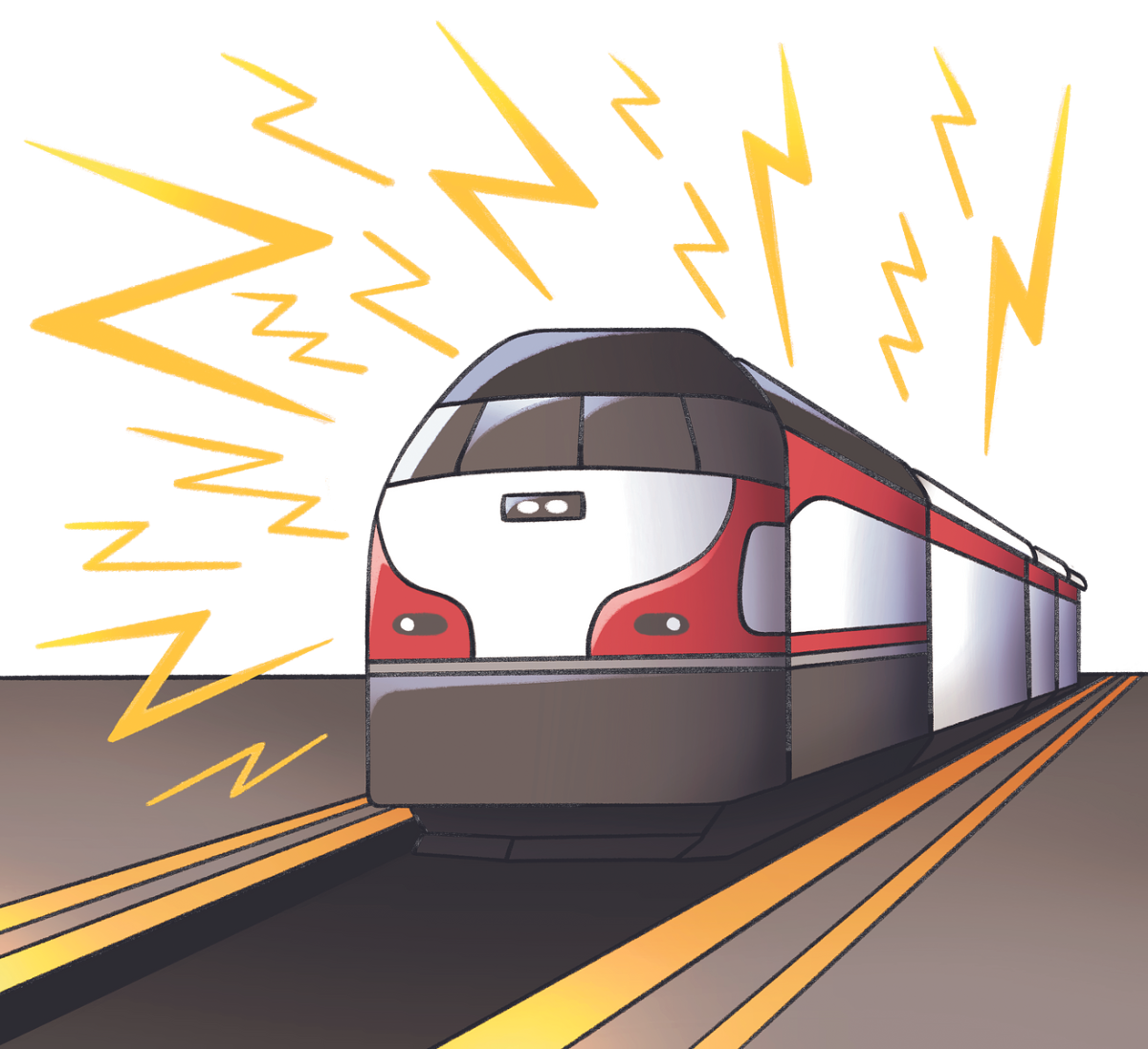District 29 California State Senator Josh Newman proposed a bill that would extend the District of Choice program indefinitely in California’s public schools and provide reimbursement for transfer students to the receiving schools on Jan. 3.
Newman said the program allows students to choose which school district they wish to attend.
“(District of Choice) is a program that allows districts to establish themselves as a district of choice, and in doing so, they are authorized to accept students from neighboring districts,” Newman said.
While increasing choices, Newman said the program also increases transfer efficiency.
“(The program) streamlines the interdistrict approval process, and the districts that have done this largely have areas of specialization, and a substantial number of students come from other districts to benefit from those programs,” Newman said.
According to Mercury News, there are currently 9,600 students enrolled in the program with 45 participating districts. A 2021 Legislative Analyst Office found students in the program gained access to an average of five to seven courses not offered in their home districts.
Ron Thibodeaux, director of Pupil Services and Secondary Education at Walnut Valley Unified School District, said many families have benefited from the program.
“We have a lot of testimony from a lot of different families that reach out to us and thank us for providing opportunities that they would not have had otherwise,” Thibodeaux said.
Newman also said the goal of the program is to expand equity and allow families to make more decisions about the education of their children.
“(The program’s goal is) to give students and their families more choices by way of educational options without being restricted by their geography or by their residential address,” Newman said. “It’s a great thing that a student can go get the high school education that they would like.”
According to Thibodeaux, many students move school districts to access certain programs, such as Walnut Valley’s orchestra.
“Those are the types of things that have attracted certain kids and families to certain districts as part of a district of choice program,” Thibodeaux said. “If you have a standout program in a particular area, like the orchestra, that might be a reason that a family would come.”
Newman said the proposed bill plans to address the extensions of the program made in the past.
“The bill that we’re doing right now would remove that (sunset clause) and it would make the program permanent in California,” Newman said. “One of the challenges was that the program was extended periodically, so there wasn’t sufficient certainty for parents to make sure that their child could enroll and finish a course of study –– but it also creates uncertainty for school districts that are gonna make reasonably big investments to accommodate district of choice students.”
Not only does the program positively impact students, but it would also increase healthy competition between public schools, according to Newman.
“If we provide incentives for schools, both to attract students and retain (them), I think it’s a positive dynamic,” Newman said. “The philosophy here is (to) create standards within the public system to aspire to excellence (with) the best possible educational experi-
public system and they take advantage of everything that the system offers.”
In addition to providing students with more educational opportunities, Thibodeaux said joining the District of Choice program has helped combat declining enrollment.
“Student enrollment is what gives a school their budget, so when students leave the district, the budget for the school becomes lower as well,” Thibodeaux said. “When we went to District of Choice, that allowed us to be able to bring in students to our school district during times when our enrollment was going down.”
According to Mercury News, the bill would also reimburse receiving districts, specifically basic aid districts, for transfers. Basic aid districts do not receive state funding because property tax revenue exceeds the state calculation, which takes in multiple factors such as average daily attendance or the amount of high-need students.
Chief Business Officer of PAUSD Carolyn Chow said as a basic aid district, PAUSD rarely receives money from transfer students.
“When students transfer to PAUSD from other districts, PAUSD does not receive any additional funding since we are community-funded,” Chow said. “Normally, both districts have to agree when we ask them to reimburse us for the transfer. Generally, we don’t receive anything, and we just receive the student.”
Newman said reimbursements are a new factor that his legislation is trying to address.
“One of the recent extensions allowed for the program to continue, but it actually did so in a way that made it more expensive for the receiving district,” Newman said. “(The bill) amends some of the formulas around funding for district choice students. That should make it more attractive for a school district that’s not receiving substantial state money. It’ll make it easier for them to absorb and accommodate students, so they’ll get 75% of the average daily attendance for a student coming in.”
Currently, the bill is undergoing legislative processes, and Newman said the bill won’t have effects for a while.
“If it passes, it won’t have any immediate change on the program because the sunset’s not for a couple of years,” Newman said. “But what it will do is it’ll remove that deadline and it’ll create a permanent feature in California’s education system. It’s important that we focus on quality but also equity and access in public education.”







